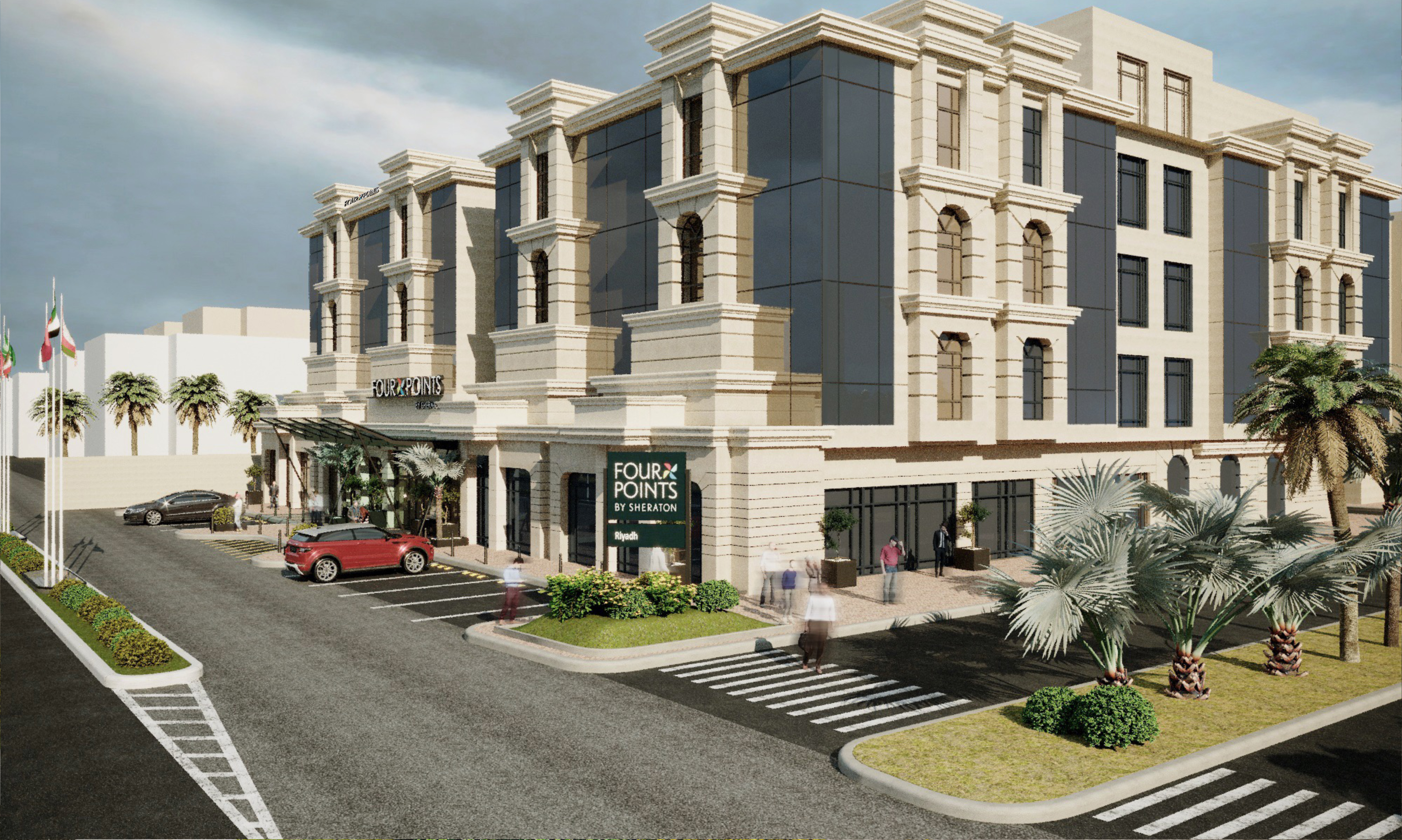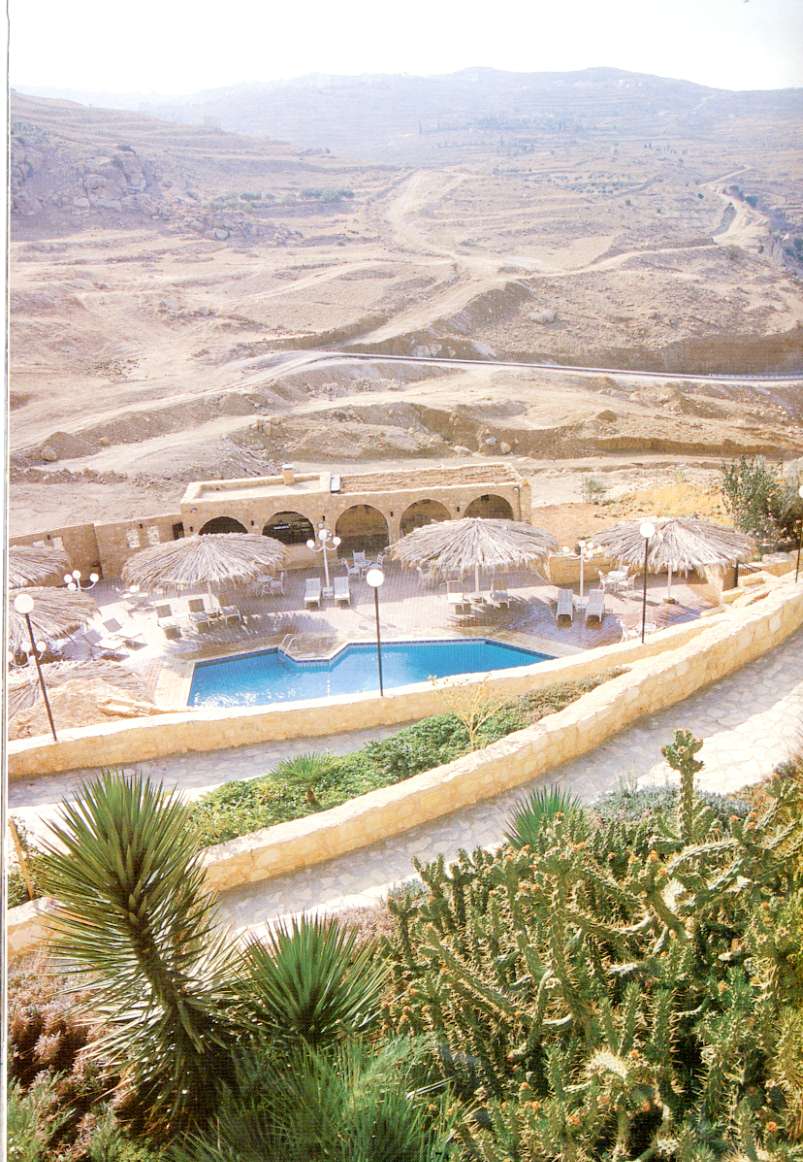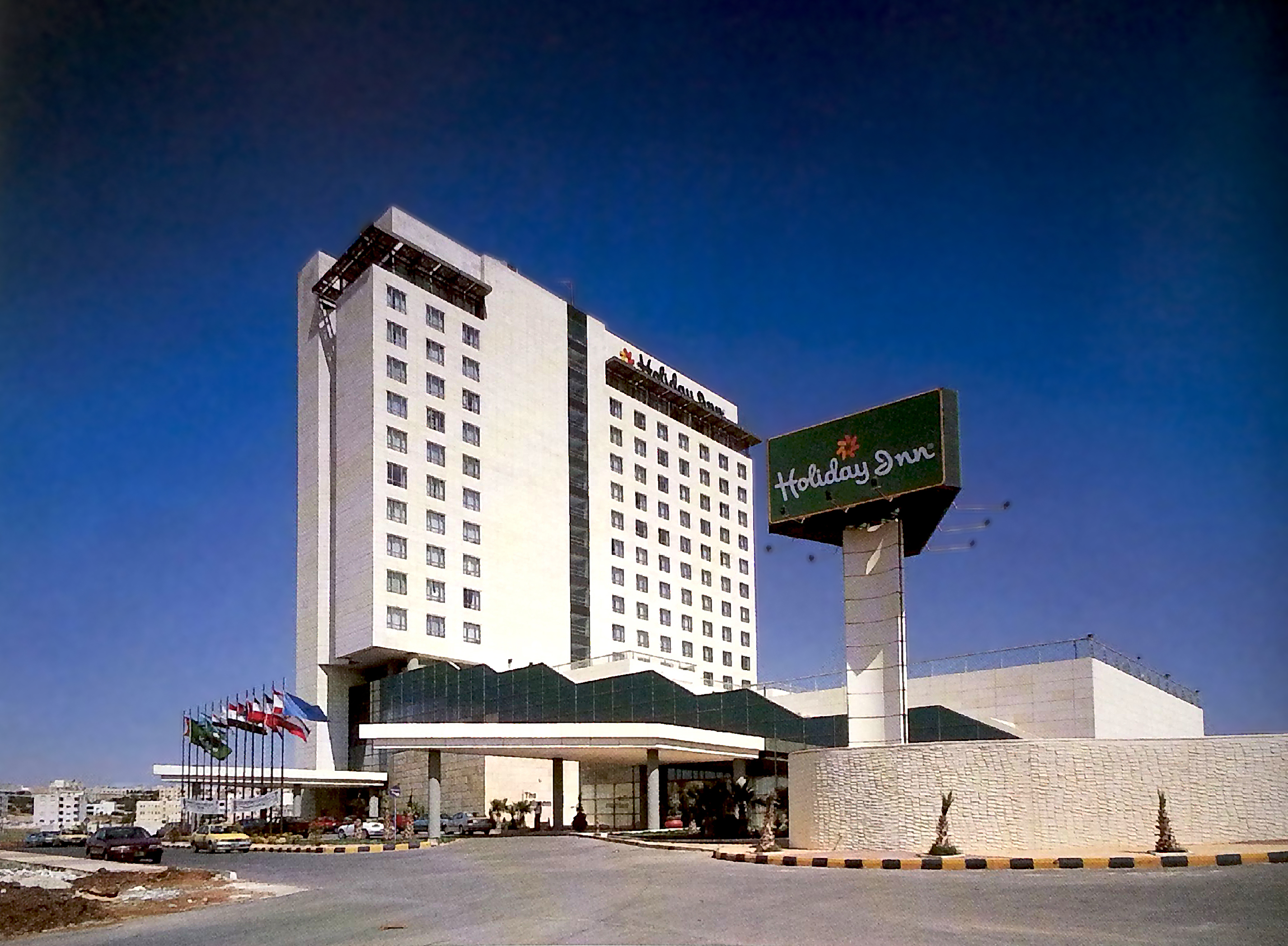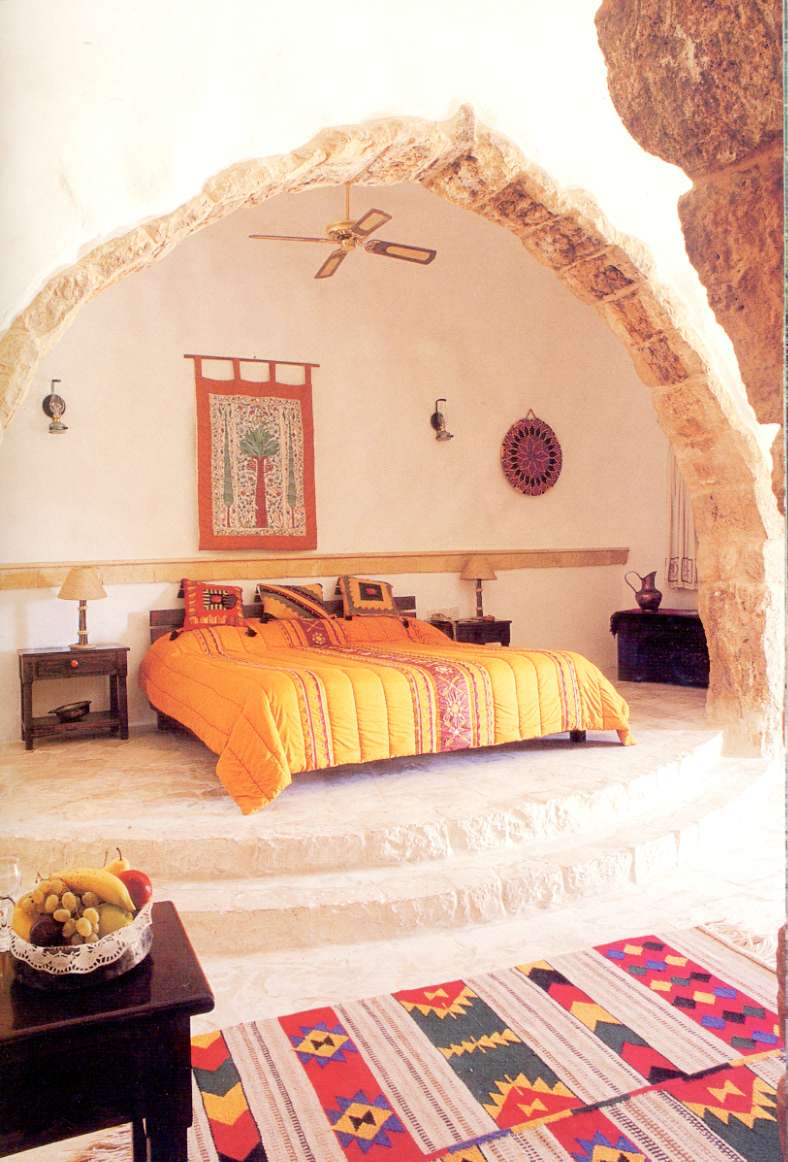The tourism and hospitality industries are perhaps the hardest hit by this year’s events, but they present excellent opportunities for certain regions to recover financially.
In many places, the current market also poses difficulties for landlords and sellers. However, hospitality is perhaps the easiest industry to repurpose residential and commercial buildings for.
Current hospitality providers should take the opportunity to review their offering and consider renovating their assets during this downtime. Adapting to suit the post-COVID market can facilitate a more effective recovery once travel picks up again.
This could be an exciting opportunity to make devaluing assets more economically viable, rather than allowing them to remain stagnant and unoccupied.
This article is the second in the Repurpose or renovate? series, that looks into the opportunities and benefits arising from adaptive reuse and renovation of buildings, and how these types of projects can help property owners, investors and developers to stay ahead during uncertain periods in the property market.
The hospitality industry is changing.
The world is still experiencing heightened border restrictions, reduced flights, lengthy quarantine periods after travelling, and concerns about safety and travel insurance. Many businesses have requested employees to avoid travelling and spending habits have been impacted by the global recession.
These are among many other barriers to the usual types of tourism.
Once travel restrictions relax, visitor numbers will surely rise again. However, many of these issues will create long-lasting changes to tourism in most destinations.
After the long period of closures, competition is extremely high for the few visitors that are travelling. It is not enough to simply boost marketing efforts and drop prices, as this will likely devalue the service offering more than it increases visitors. A common strategy, but not viable long-term, and unfortunately the effects of COVID on the industry are expected to last for quite some time.
How can hotel and tourism operators stay profitable?
Businesses must adapt to overcome the difficulties facing the industry. This includes adapting operations to ensure effective hygiene and safety, adapting the assets themselves to suit the new market, and adapting the service offering to meet new demands.
In destinations showing prospects for tourism to pick up again, the opportunity to renovate to better suit the new market should be taken advantage of to facilitate recovery.
The best way to stay ahead of the competition is to closely monitor market activity, and especially the types of visitors, so that assets can be adapted and tailored specifically to the new audiences.
Renovation and adaptive reuse can better able businesses to capture new markets.
Hotels or resorts that are renovated to suit their new post-COVID audience will be better placed to stay ahead of competition.
Landlords and sellers who are faced with lower prices and higher risk of vacant or unsold units could consider repurposing their residential assets for tourism. In oversupplied property markets, hotel prices and demand won’t necessarily be impacted as much as property prices, so this could be an opportunity to breathe a new lease of life into buildings and increase income prospects.
In some cities, remote working and business cuts have reduced the demand for residential or commercial units, but the demand for travel accommodation may still be high. In these locations, residential or commercial buildings could provide better prospects if they are repurposed into hotels or resorts.
The new audience.
- Domestic vs. international
There is currently far more domestic tourism than usual, and there will be more domestic than international tourism for the foreseeable future. Staycations are in demand, especially in countries deemed safe and low-risk. Short flights are rising in demand, while long-haul destinations are less popular. Tourists who do visit from abroad over the next few years will be fewer and lower in budget.
- Luxury vs. budget
The global recession means people are seeking more affordable options, resulting in less demand for luxury holidays. In areas saturated with high-end resorts that are now less popular, now 4-star hotels may better meet the needs of an important, growing audience. High-end upgrades could be ineffective when competing with more established luxury hotels better suited to the smaller luxury market. Renovating for mid-market tourism and staycations could put businesses ahead of competition for this key market segment.
- Business travel
Now remote working and video calls are favored, business travel will remain reduced for a while. Spending cuts and health concerns have put travel on hold while webinars and digital networking replace events and meetings. However, certain cities may see a rise in short-term domestic business trips. Many professionals have moved to the outskirts while working remotely, which may mean taking regular short trips to the city for meetings or parts of the week. There may also be higher budgets for these stays due to professionals paying less rent to live elsewhere.
- Events
Cancellations, postponements and downsizing of events and celebrations, plus spectator-less sports events means less tourists will travel for events, but will primarily travel for the destination itself.
- Medical tourism
Interestingly, medical tourism does not seem to have taken such a hit. Medical tourism is making a quick post-COVID comeback in certain regions and this has been increasing over recent years, highlighting another important market.
- Retirement travel
The recent launch of Dubai’s retirement visa may be an indication that this region is yet to see an increase in tourists in the higher age bracket, which is often overlooked by hotel and tourism operators, but could become a key market in coming years.
Recent years have seen an increase in repurposed hotels, especially in cities with limited space for new construction. It’s a great way to provide a more unique offering to guests, particularly in buildings with rich history or distinctive architecture.
This growing trend has seen former factories, offices, schools, warehouses and more transform into high-performing hotels that tend to take a large share of the market.
Buyers and tourism and hospitality developers have the opportunity to redevelop obsolete, unsold buildings, or incomplete structures that are abandoned due to lack of funding. This can be cheaper and more environmentally-friendly than starting a new development from scratch, with the benefit of already being well located and accessible for tourists.
The Campbell Gray Hotel in Jordan was originally designed as an office building, before CCG repurposed it into a 5-star 180-key hotel. The client’s vision was to repurpose the landmark building into a high-end boutique luxury hotel while maintaining the same architectural image.
The new hotel will provide a luxury urban retreat with a cafe, rooftop restaurant, pool terrace, lounge, library, events spaces, spa and indoor pool. CCG’s scope of work also included value engineering to reduce the entire project’s construction cost.

The Maryia Four Points Hotel in Riyadh, near King Salman Park, is another successful example of a residential building that was adapted for use as a hotel. The building was designed and partially constructed as a residential building, before the client contracted CCG to repurpose the building into a hotel with luxury amenities.
CCG worked closely with the client and hotel operator to reuse the existing building with minimal structural interventions, allowing for added-value design and construction methodology to minimize cost while meeting the market's and client's needs and expectations. The services provided included redesigning the mechanical, electrical and plumbing services, architectural and structural redesign and construction supervision for the hotel, operated by Four Points by Sheraton.
Taybet Zaman and Beit Zaman (now known as Hayat Zaman) are ancient farming villages in Petra that CCG repurposed into unique resorts that transport visitors to rural Jordan in the late 19th century. Prior to this restoration, the villages were struggling to survive in the modern world. The project, initiated by the local mayor, was an instant success. It created jobs for residents who could contribute to the community’s growth and brought money into the community.
The environmentally conscious and sustainable resort preserves the area’s history and architecture. It was the global winner of the British Airways Tourism for Tomorrow Award, recipient of the Green Global Commendation Award, the EIBTM Greeting of Business Award, and the Guild of Travel Writer’s Otter Award.

Now is the time to adapt.
Now that some travel is deemed safe and restrictions are relaxing, people are desperate to get out after spending so long at home. Now is the perfect time to adapt to be ready to draw in this new audience as travel picks up again.
This article is the second in the Repurpose or renovate? series, that looks into the opportunities and benefits arising from adaptive reuse and renovation projects. The following article in the series will look into adaptive reuse for the healthcare sector, including examples of buildings that have been repurposed to accommodate healthcare facilities.
Click here to view the previous article in the series.
Click here to view the following article in the series.
Ghaith Abujaber is CCG’s Executive Director of Global Business Development and is based in Dubai. His rich experience includes previous positions at major real estate and tourism companies, as well as work on private and governmental projects. This has given him an excellent insight into how these types of organizations are developing across the region.















